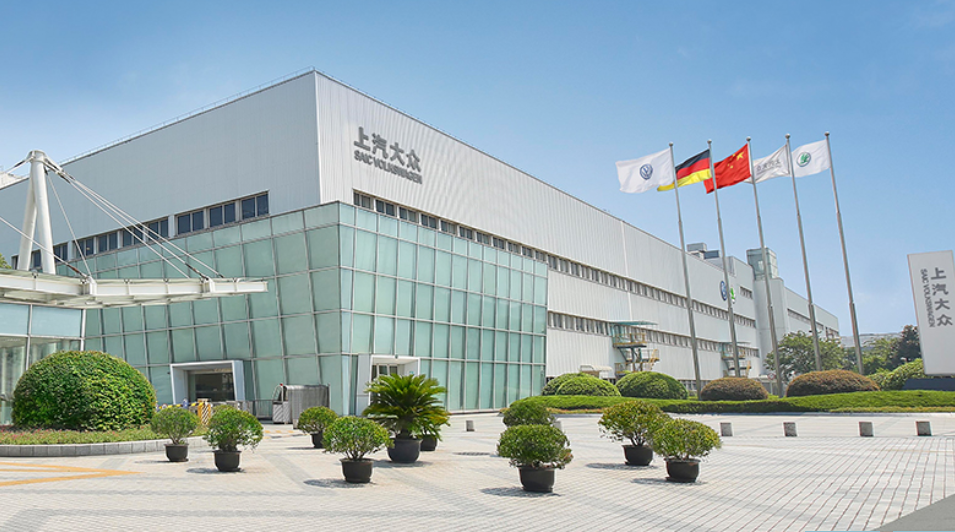SHANGHAI – The once thriving relationship between German car manufacturers and the Chinese market is showing cracks. For decades, China was synonymous with growth and success for brands like Volkswagen, Audi, BMW, and Daimler-Benz. But times are changing. Volkswagen, once the undisputed market leader with a 15 percent market share, now faces a reduced share of just 11 percent. A similar fate is befalling other German giants, whose market shares are also shrinking.
The reasons for this development are complex. On one hand, German carmakers face structural challenges such as the transformation to electromobility and autonomous driving, which require significant investments. These funds must be generated from the sale of combustion engine vehicles, whose political acceptance is declining. On the other hand, consumer behavior in China has changed. Chinese buyers, especially the well-off, are increasingly preferring local brands. Industry leaders like BYD are experiencing strong growth and have even overtaken Volkswagen in terms of electric vehicle sales.
Moreover, the German automotive industry is confronted with high costs, declining demand, and sharper competition. Inflation and rising interest rates are negatively impacting the new car market, while the demand for purely electric cars in Germany is decreasing. In contrast, the electric car market in China is booming, where now every second car is electrically powered.
German car manufacturers have responded to these changes by forming partnerships with Chinese companies and investing in startups. For example, Volkswagen has entered into a partnership with the Chinese car manufacturer Xpeng, which includes areas such as electric mobility, software, and autonomous driving. Despite these efforts, the future remains uncertain as the Chinese market continues to be dominated by local brands that offer more performant, better-connected, and more affordable vehicles.
Thus, the German automotive industry is at a crossroad. To maintain and regain their position in China, manufacturers must not only invest in technology and innovation but also understand and address the trust and preferences of Chinese consumers. It is a race against time when adaptability and strategic partnerships will be crucial. (hz) Photo: Volkswagen

